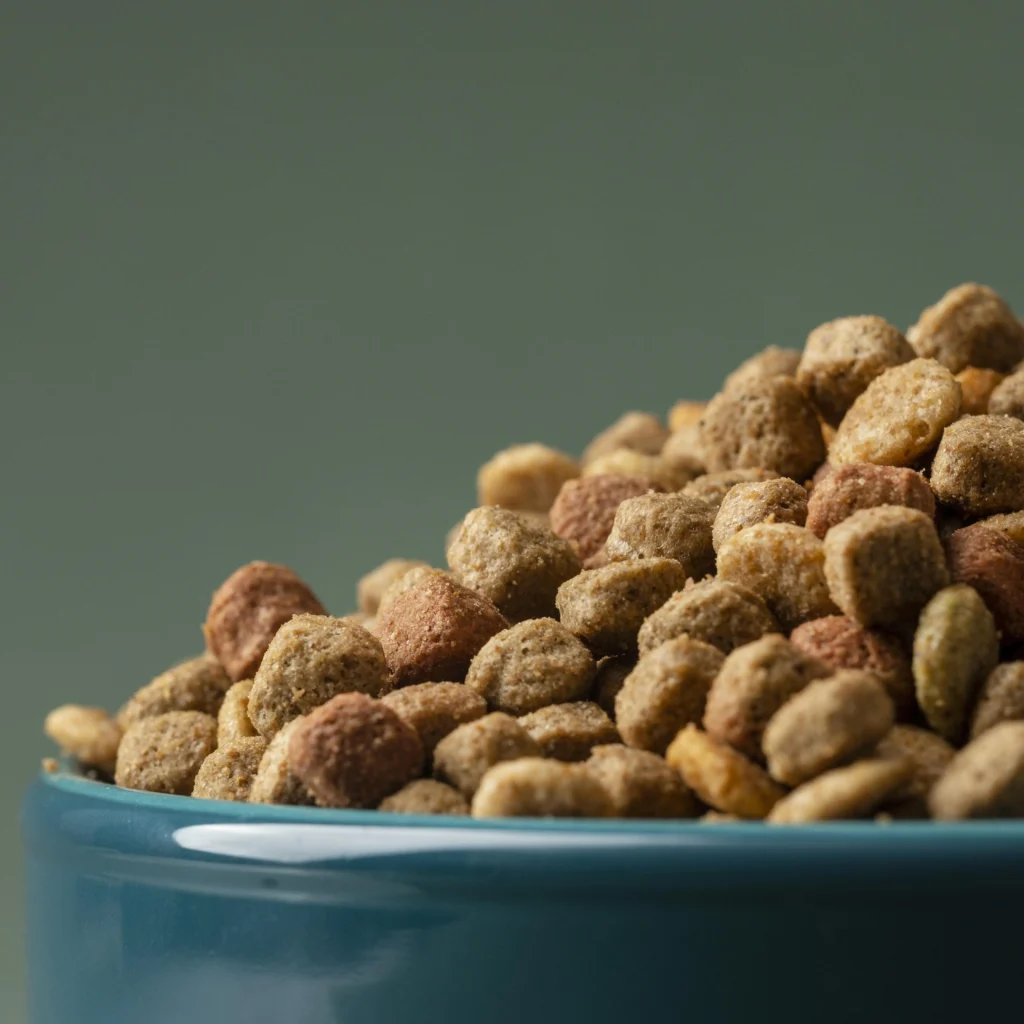The Role of Superfoods in Your Dog’s Diet
Superfoods aren’t just a trend for health-conscious humans; they’re also making waves in the pet food industry. Packed with vitamins, minerals, and antioxidants, these nutritional powerhouses can offer some impressive benefits for your furry companion. From boosting the immune system to enhancing coat health, it’s no wonder more pet owners are eager to incorporate them into their dog’s diet.
But what exactly makes a food a “superfood,” and how can you ensure your dog is getting the right balance? Explore the huge range of superfoods available and discover how feeding your pup dog food formulated with these ingredients can keep them happy, healthy, and full of energy.
What are Superfoods?
Superfoods are functional foods that deliver exceptionally high levels of essential vitamins, minerals, antioxidants, phytochemicals, and other beneficial compounds while maximizing their bioavailability. Adding these nutritionally dense superfoods to your dog’s regular meals provides an extra dietary boost to enhance their overall well-being in several ways, including:
- Boosting immune function. Superfoods reduce inflammation and support gut health to fortify the immune system, supporting your dog’s ability to fend off illnesses.
- Improved digestion and gut health. Incorporating superfoods promotes healthy digestion thanks to their high fiber content, aiding in optimal nutrient absorption and maintaining gut well-being.
- Nourished skin and shiny coat. These nutrient-dense foods often contain compounds like omega-3 and omega-6 fatty acids, which contribute to healthy skin and a lustrous coat, improving your dog’s overall appearance.
- Disease prevention. Superfoods contain powerful antioxidant compounds like lycopene, flavonoids, and selenium, which act as a shield against cellular damage. This can assist with disease prevention and maintaining overall health.

Nutritional Needs of Dogs
Ensuring the well-being of our pets requires meeting their fundamental daily nutritional requirements, which include water, protein, fats, carbohydrates, vitamins and minerals:
- Water supports hydration, aids digestion, and carries nutrients throughout your dog’s body.
- Essential amino acids in high-quality proteins enable muscle growth, tissue repair, enzyme production, and immune function.
- Fats provide a concentrated source of energy and fuel.
- Carbohydrates contribute to glucose for fast energy release.
- Vitamins and minerals are vital for metabolic processes and bodily functions.
Superfoods also deliver these essential nutrients but in their most bioavailable forms that dogs’ bodies can absorb and use more easily than synthetic vitamin supplements.
For example, beef and fish provide complete proteins containing all 10 essential amino acids dogs need, while berries offer a natural source of vitamin C that improves absorption. Leafy greens like spinach contain a host of antioxidants and pumpkin contributes essential nutrients like beta-carotene and potassium.
Top Superfoods for Dogs
Incorporating a rotating variety of superfoods into your dog’s diet will help cover all their nutritional bases in mouthwatering ways:
- Blueberries. Tiny but mighty, blueberries are packed with antioxidants that help fight cellular damage. They’re also an excellent source of vitamins C and K, which support the immune system and bone health.
- Pumpkin. This versatile superfood is a natural prebiotic. Rich in both soluble and insoluble fiber, pumpkin helps keep things moving smoothly and can ease occasional constipation. It’s also a great source of vitamins A, C, and E, which contribute to a healthy coat and skin.
- Sweet potatoes. These delicious veggies are loaded with vitamins A, B6, and C and essential minerals like calcium, potassium, and iron. Sweet potatoes are a fantastic source of energy and can help support healthy vision and muscle function.
- Spinach. Spinach is a powerhouse of iron, vital for healthy red blood cells. It’s also rich in antioxidants and vitamins K, A, and C, providing a well-rounded boost to your dog’s health.
- Fish. Fish is an excellent source of omega-3 fatty acids, renowned for their anti-inflammatory properties. These fatty acids can improve skin and coat health, promote joint health, and even enhance cognitive function. Oily fish varieties like salmon and mackerel are particularly good choices because of their high omega-3 content and delicious taste.
- Quinoa. This ancient grain is a complete protein source, meaning it contains all the essential amino acids that dogs need. It’s also a good source of vitamins and minerals, making it a valuable addition to your dog’s diet.

Incorporating Superfoods into Your Dog’s Diet
When introducing any new superfood ingredients into your dog’s diet, go slowly to allow time to monitor for adverse reactions or digestive upset. Start by adding small amounts every few days and gradually increasing to more regular feedings.
Most superfoods can make up to 10% of your dog’s total daily caloric intake. Pre-packaged dog foods from reputable, sustainable brands can help you give your pup the right balance of superfoods to other ingredients. These brands may also sell probiotics for dogs, which can assist in the easy digestion of new superfoods.
Maintaining overall balance and variety remains important, so continue feeding your dog’s normal wet, dry, or freeze-dried raw dog food at each meal to provide complete and balanced nutrition. Then, supplement with various superfoods to take their diet to the next level. Preparing homemade recipes or using freeze-dried blends makes providing these superfood enhancements easy and delicious.
Take a Holistic Approach to Pet Care
By embracing the nutritional power of superfoods, you’re not just feeding your dog, you’re optimizing their health. Elevate your furry friend’s well-being by incorporating these nutrient-rich ingredients into their diet, ensuring a life full of energy and happiness.







